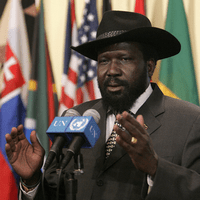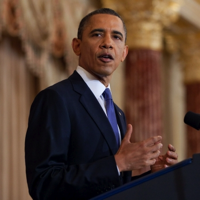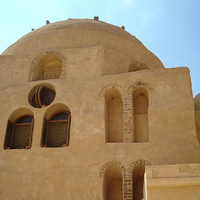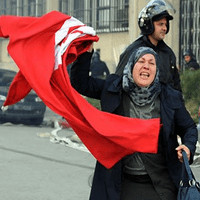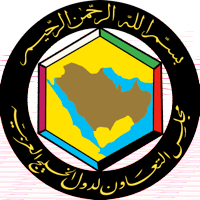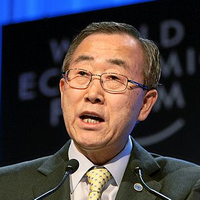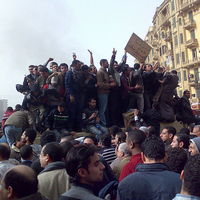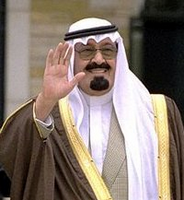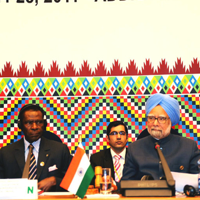
The second India-Africa Forum summit, held in Ethiopia last week and attended by Indian Prime Minister Manmohan Singh along with the leaders of 16 African states, set out a fresh roadmap for further consolidation of the strategic partnership between India and the African Union (AU). Addressing the summit, Singh emphasized clearly, “Africa possesses all the prerequisites to become a major growth pole in the world. India-Africa partnership is unique and owes its origins to history and our common struggles against colonialism, apartheid, poverty [and] disease.” With globalization increasingly shifting the international distribution of economic power in Asia’s favor, India has […]

